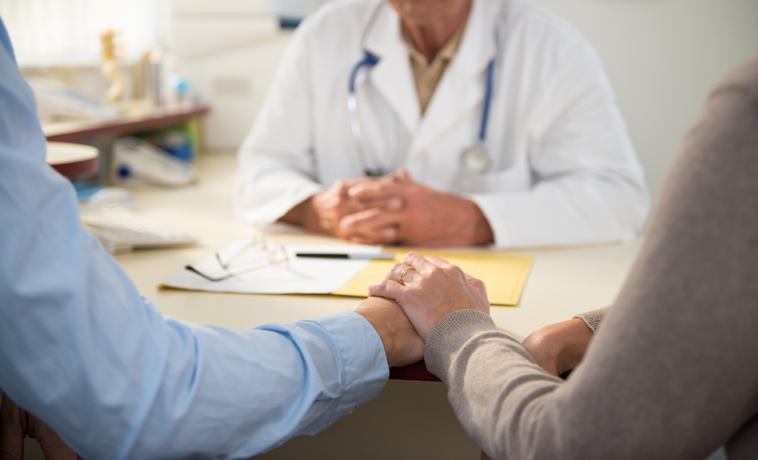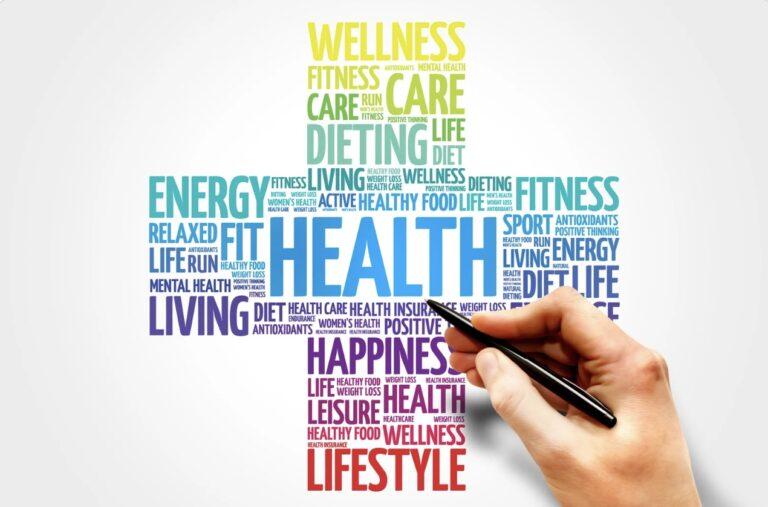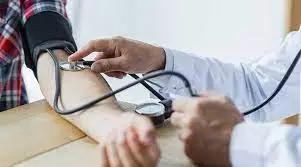
1. Know your family history
It is important to know your family history and whether any relatives have suffered with conditions which could be hereditary. If so, let your GP know, so your patient records can be updated and both you and your GP can keep an eye on your health.
2. Don’t miss vital health check-ups
So many people ignore regular health checks such as smears, asthma checks and health checks. These are scheduled for a reason and can help identify issues or changes which need to be addressed.
3. Don’t ignore any changes in your body/health
We find so many people ignore changes in their body, such as scabs on moles, lumps or unusual bleeding. It is vital to talk to your GP if you experience any changes or symptoms which don’t feel or seem quite right.
4. Dr Google can be helpful, but don’t rely on it
Google is a super information tool, especially when looking to find out health information and details about conditions. However, don’t rely on it solely for your health needs and always trust the advice of your GP.
5. Don’t neglect your Pharmacist
Pharmacists are an under-utilised resource and can provide a wealth of health-related information and guidance and save an appointment with your GP.
6. Try and relax and be honest and open with your GP
It is important to be honest with your GP. Remember your GP has seen so many people and different health conditions and won’t be embarrassed by what you have to say.
7. Use your GP appointment wisely
A GP appointment is usually 10mins in length. If you have a few things to discuss, it would also be worth making a note of any symptoms of issues you want to talk about, so you don’t forget. The GP would prioritise the most important issues and get the patient to book another appt for any issues that they haven’t covered or had the time to.
8. Ask yourself, if you really need to see your GP
It sounds harsh, but so many people go to see their GP when they don’t really need to see one. If you have the flu or a cold, take over-the-counter medication, lots of liquids and rest until the symptoms pass. Alternatively, you can get great information from your Pharmacist for minor ailments.
9. Drink plenty of water
So many of us don’t drink enough water a day and it can help to reduce toxins. We need about 1.2 litres a day to keep hydrated and to clear our toxins. Your body loses water via sweat and urine, so keep topping up your water levels.
10. Keep an eye on your alcohol intake
There’s lots of confusing information about the units of alcohol you’re allowed to consume per week. Generally, it is about 14 units. A glass of wine can be between 1.5-3 units per glass and a pint of beer between 2-3 units. Keep an eye on your consumption to make sure you stay within the safe levels and to keep your health in line.
Medical Disclaimer
NowPatient has taken all reasonable steps to ensure that all material is factually accurate, complete, and current. However, the knowledge and experience of a qualified healthcare professional should always be sought after instead of using the information on this page. Before taking any drug, you should always speak to your doctor or another qualified healthcare provider.
The information provided here about medications is subject to change and is not meant to include all uses, precautions, warnings, directions, drug interactions, allergic reactions, or negative effects. The absence of warnings or other information for a particular medication does not imply that the medication or medication combination is appropriate for all patients or for all possible purposes.








